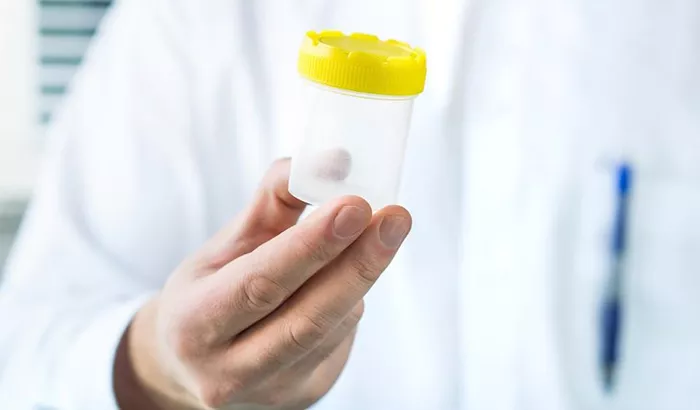The Israeli Ministry of Health has issued a public warning after discovering a serious health risk tied to a sperm donor who carried a hereditary mutation linked to Lynch syndrome, a condition that significantly increases the risk of developing cancers—especially colorectal and uterine cancer.
Following the donor’s death, genetic analysis revealed the presence of the MSH2 1906G→C mutation, which carries a 50% chance of being passed on to biological offspring. This mutation can quietly increase cancer risk over time, often without early symptoms.
Who Is at Risk?
The Ministry urges:
Individuals born through sperm donations made between 1974–1985 in central Israel.
Women who received these donations during that time.
These individuals are advised to undergo genetic testing to determine whether they carry the mutation. The goal is early detection and prevention of cancer through surveillance and appropriate medical follow-up.
Testing Access and Support
This genetic test is not currently subsidized under Israel’s national health coverage. Those interested in testing should contact their health funds for guidance, including potential access to genetic counseling.
Global Context
The issue echoes a recent European case reported by The Guardian, where 23 children conceived with a single sperm donor carrying a TP53 mutation were later found to carry the variant—ten of whom developed cancer. That donor helped conceive 67 children across 46 families from 2008 to 2015, raising international concern over the screening and regulation of sperm donors.
To mitigate risks, the European Sperm Bank has since enforced a global donor family cap of 75.


